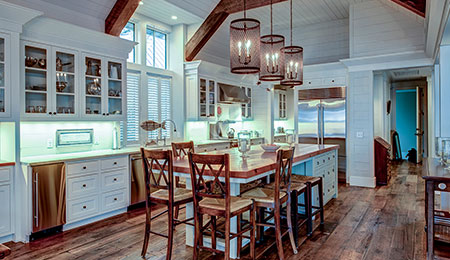If possible, you want to do all you can to avoid closing date delays.
Closing dates are an important part of the home buying and selling process, but there are a variety of different things that can derail and delay a closing. The closing date is essentially the cut-off point for contract expiration; if the buyer and seller don’t close on that date, they’ll need to figure out the contract and agree to extend it.
This messes up a lot of things that are planned around a closing date. You may have hired movers for that day specifically, or you may need to be out of your old home on the closing date. These problems can impact jobs, school, and essentially your entire schedule.
There can even be a chain of closing date issues, where one buyer’s issues cause problems for a seller, which causes delays with the home the seller is trying to purchase, and so on. In other words, it’s not a good idea to delay closing.
Lately, we’re seeing more delays than usual. There are a few reasons for this: lenders are in need of underwriters, appraisers are running behind, there’s a shortage of inspectors, title work is taking a long time, and the supply chain is having shipment issues. These can all cause problems with repairs, inspections, and other tasks that are necessary for a smooth closing.
If you’re selling your home, try your best to remain flexible throughout the process. Understand the kind of impact a delay in closing may have on your moving process and have a plan in place in case the worst arises. If you’re buying, it may be a good idea to overlap your living arrangements so you won’t find yourself without a home if the closing is delayed. Give yourself an extra week or two if possible.
If you have any questions or would like more information about today’s market and what you can expect, feel free to reach out to me. I look forward to hearing from you soon.



